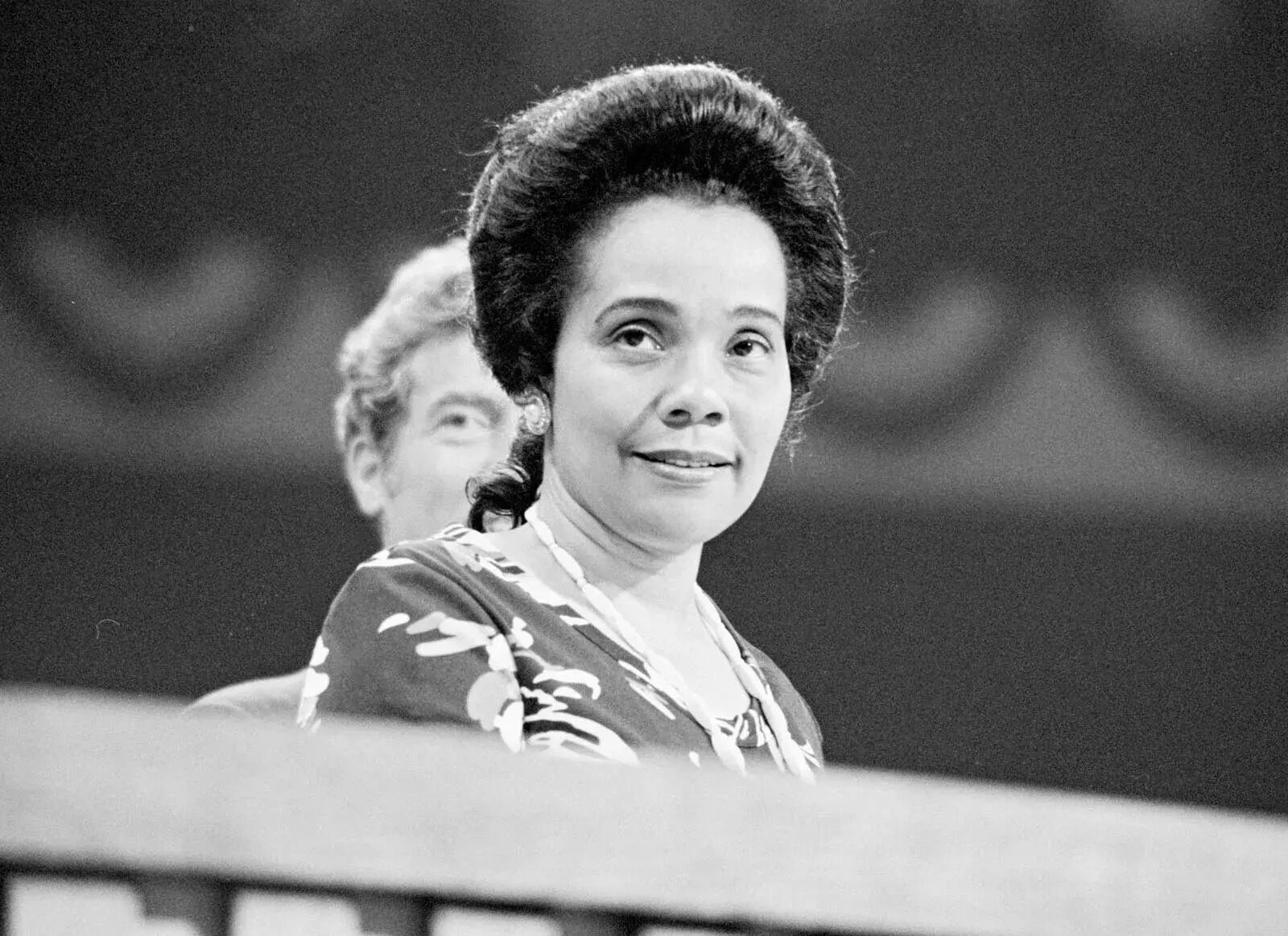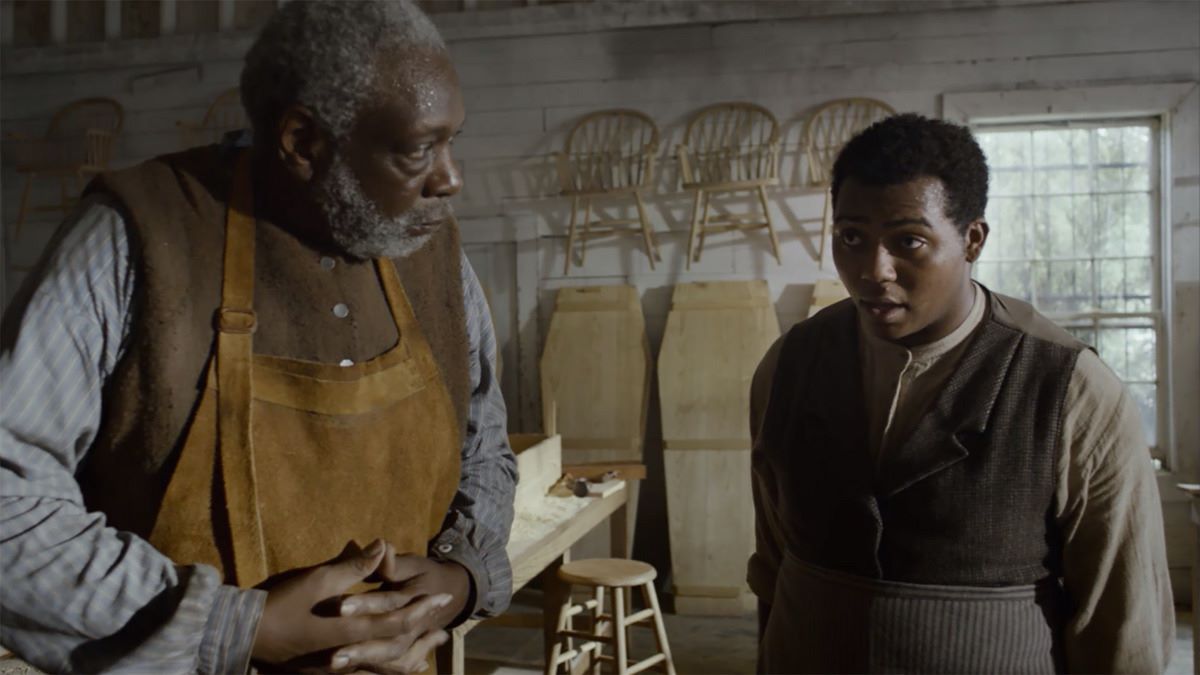
Who was Coretta Scott King? Coretta Scott King was a civil rights leader, author, and the wife of Dr. Martin Luther King Jr. Born on April 27, 1927, in Alabama, she played a crucial role in the American Civil Rights Movement. Why is she important? Coretta not only supported her husband's work but also became a prominent advocate for racial equality, women's rights, and LGBTQ+ rights. After Dr. King's assassination in 1968, she founded the Martin Luther King Jr. Center for Nonviolent Social Change. What else did she do? Coretta continued to fight for justice and peace until her death in 2006. Her legacy lives on through her tireless efforts to promote equality and human rights.
Early Life and Education
Coretta Scott King, a name synonymous with civil rights, had a fascinating journey from her early days. Let's explore some lesser-known facts about her formative years.
- Born on April 27, 1927, in Heiberger, Alabama, Coretta Scott King grew up in a rural setting.
- Her parents, Obadiah and Bernice Scott, were farmers who also owned a small trucking business.
- Coretta was valedictorian of her high school class at Lincoln Normal School in Marion, Alabama.
- She earned a scholarship to Antioch College in Yellow Springs, Ohio, where she studied music and education.
- At Antioch, she became involved in the civil rights movement, joining the NAACP and the Race Relations and Civil Liberties Committees.
- Coretta later received a scholarship to the New England Conservatory of Music in Boston, where she earned a degree in voice and violin.
Meeting Martin Luther King Jr.
Coretta's life took a significant turn when she met Martin Luther King Jr. Their partnership became legendary.
- Coretta met Martin Luther King Jr. while studying at the New England Conservatory of Music.
- They were introduced by a mutual friend, Mary Powell, who thought they would make a good match.
- Martin was immediately impressed by Coretta's intelligence and commitment to social justice.
- The couple married on June 18, 1953, on the lawn of her parents' house in Marion, Alabama.
- Coretta wore a wedding dress she made herself, showcasing her sewing skills.
- After their marriage, they moved to Montgomery, Alabama, where Martin became pastor of the Dexter Avenue Baptist Church.
Role in the Civil Rights Movement
Coretta Scott King was not just the wife of a civil rights leader; she was a leader in her own right. Her contributions were pivotal.
- Coretta played a crucial role in the Montgomery Bus Boycott, providing support and mobilizing resources.
- She was an active participant in the Southern Christian Leadership Conference (SCLC), which Martin co-founded.
- Coretta often stood in for Martin at speaking engagements when he was unavailable.
- She was a key organizer of the Freedom Concerts, which raised funds for the civil rights movement.
- Coretta advocated for nonviolent resistance, inspired by Mahatma Gandhi's principles.
- She was instrumental in the passage of the Civil Rights Act of 1964 and the Voting Rights Act of 1965.
Life After Martin Luther King Jr.'s Assassination
After the tragic assassination of Martin Luther King Jr., Coretta Scott King continued to champion civil rights and social justice.
- Coretta founded the Martin Luther King Jr. Center for Nonviolent Social Change in Atlanta, Georgia, in 1968.
- She led the campaign to establish Martin Luther King Jr. Day as a national holiday, which was signed into law in 1983.
- Coretta continued to speak out against racial injustice, poverty, and war throughout her life.
- She was a vocal opponent of apartheid in South Africa and supported the Free South Africa Movement.
- Coretta wrote a memoir, "My Life with Martin Luther King Jr.," which was published in 1969.
- She received numerous awards and honors, including the Gandhi Peace Prize and the Congressional Gold Medal.
Legacy and Impact
Coretta Scott King's legacy extends far beyond her lifetime. Her impact on civil rights and social justice remains profound.
- Coretta's work inspired future generations of activists and leaders.
- The King Center continues to promote her vision of nonviolent social change.
- She was a strong advocate for LGBTQ+ rights, speaking out against discrimination and supporting same-sex marriage.
- Coretta's efforts helped to preserve Martin Luther King Jr.'s legacy and ensure his teachings remain relevant.
- She was a founding member of the Black Leadership Forum, which addressed issues affecting the African American community.
- Coretta's dedication to peace and justice earned her international recognition and respect.
Personal Interests and Hobbies
Beyond her activism, Coretta Scott King had a rich personal life filled with various interests and hobbies.
- Coretta was an accomplished singer and often used her musical talents to support the civil rights movement.
- She enjoyed gardening and found solace in tending to her plants.
- Coretta was an avid reader, with a particular interest in history and philosophy.
- She loved spending time with her four children: Yolanda, Martin III, Dexter, and Bernice.
- Coretta was a skilled seamstress and often made clothes for herself and her family.
- She had a passion for cooking and enjoyed preparing meals for her loved ones.
Honors and Recognitions
Coretta Scott King's contributions have been recognized through numerous awards and honors.
- She received over 60 honorary degrees from universities around the world.
- Coretta was inducted into the Alabama Women's Hall of Fame in 2009.
- The Coretta Scott King Book Awards were established in her honor to recognize outstanding African American authors and illustrators.
- In 2004, she was awarded the Congressional Gold Medal, one of the highest civilian honors in the United States.
Coretta Scott King's Lasting Legacy
Coretta Scott King’s impact on civil rights and social justice remains undeniable. Her dedication to equality, peace, and human rights has inspired countless individuals worldwide. Through her tireless efforts, she not only continued Martin Luther King Jr.'s legacy but also carved out her own path as a formidable leader. Coretta’s work with the King Center and her advocacy for LGBTQ+ rights, women's rights, and anti-apartheid movements showcased her unwavering commitment to justice. Her legacy lives on through the numerous awards, honors, and institutions named in her memory. Coretta Scott King’s life serves as a powerful reminder of the importance of standing up for what’s right, no matter the challenges. Her story encourages us all to strive for a more just and equitable world.
Was this page helpful?
Our commitment to delivering trustworthy and engaging content is at the heart of what we do. Each fact on our site is contributed by real users like you, bringing a wealth of diverse insights and information. To ensure the highest standards of accuracy and reliability, our dedicated editors meticulously review each submission. This process guarantees that the facts we share are not only fascinating but also credible. Trust in our commitment to quality and authenticity as you explore and learn with us.


